Empty cart
Oh no! It appears your cart is empty. Add some almonds to your daily regime with the Treehouse products.
All Blog PostsNews
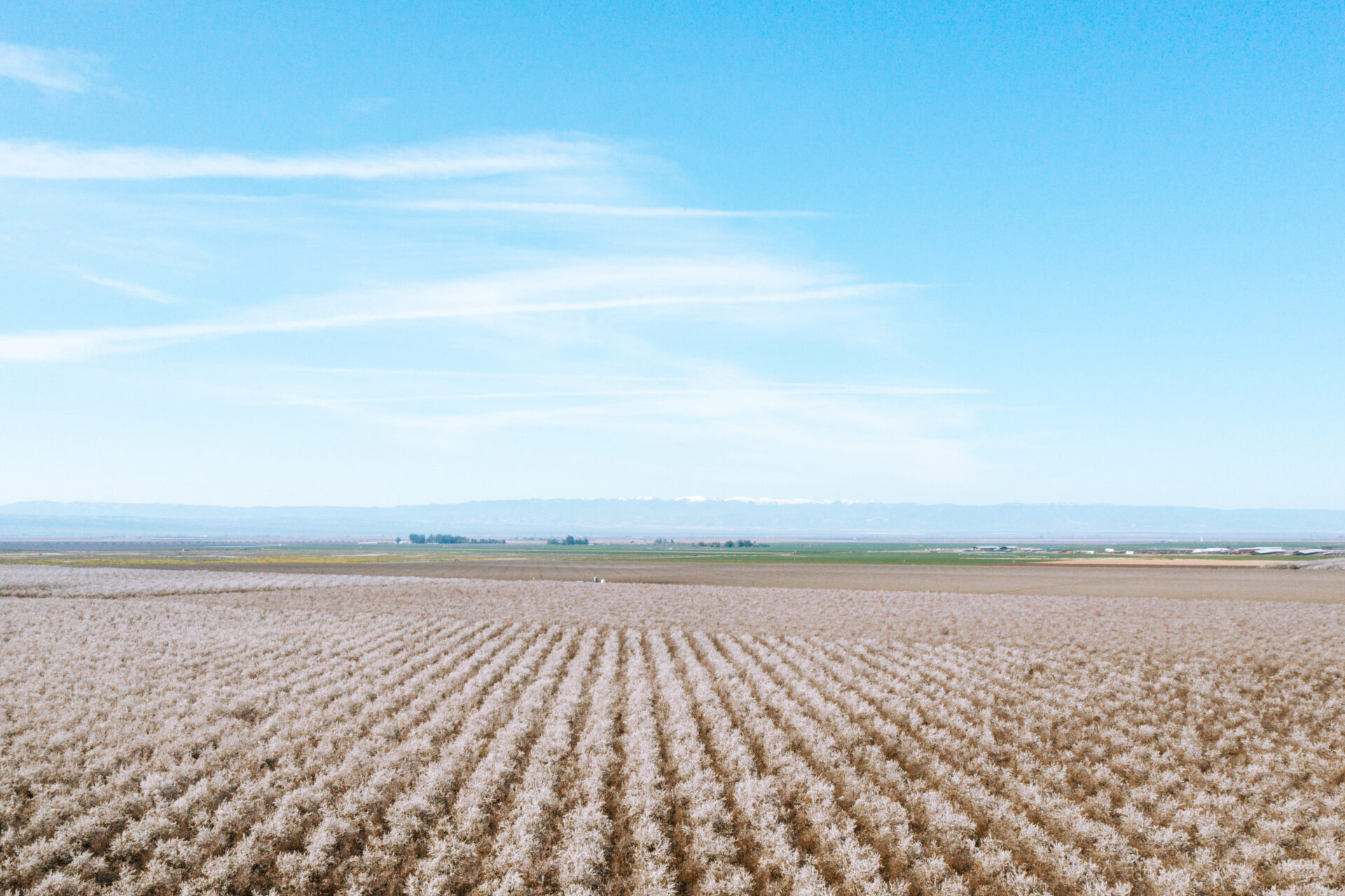
We treat our orchards like the precious asset they are, striving to conserve resources, eliminate waste, and minimize environmental impact.
Treehouse employs an advanced, zero-waste solution – Whole Orchard Recycling – to address almond orchards that have reached the end of their productive lives. With this solution, aging almond trees are pushed over, ground into chips, and then reincorporated into the topsoil. Whole Orchard Recycling helps to enrich the soil, conserve water and sequester carbon.
Treehouse raises bee-health awareness and partners with growers who protect pollinators through sustainable agricultural practices.
We don’t spray during the days when bees are flying. We do this at night.
We provide bees with fresh water and diverse pollen as food (3% cover crop and hedgerows).
Through our membership in the Pollinator Partnership, our orchards are Bee-Friendly certified.
We strive to manage our water use in ways that preserve this natural resource, while also helping to reduce the demand for water-intensive crops and materials. Treehouse also takes care to use a minimal amount of water in all of its almond processing facilities.

Treehouse has more than 35,000 acres of its almond orchards enrolled in the California Almond Stewardship Platform (CASP) program. Led by the Almond Board of California, CASP uses production information submitted by growers to illuminate the sustainability of the almond industry to a range of stakeholders.
Treehouse’s participation in CASP is helping all California almond growers to enhance their practices while uncovering inefficiencies that hinder progress.
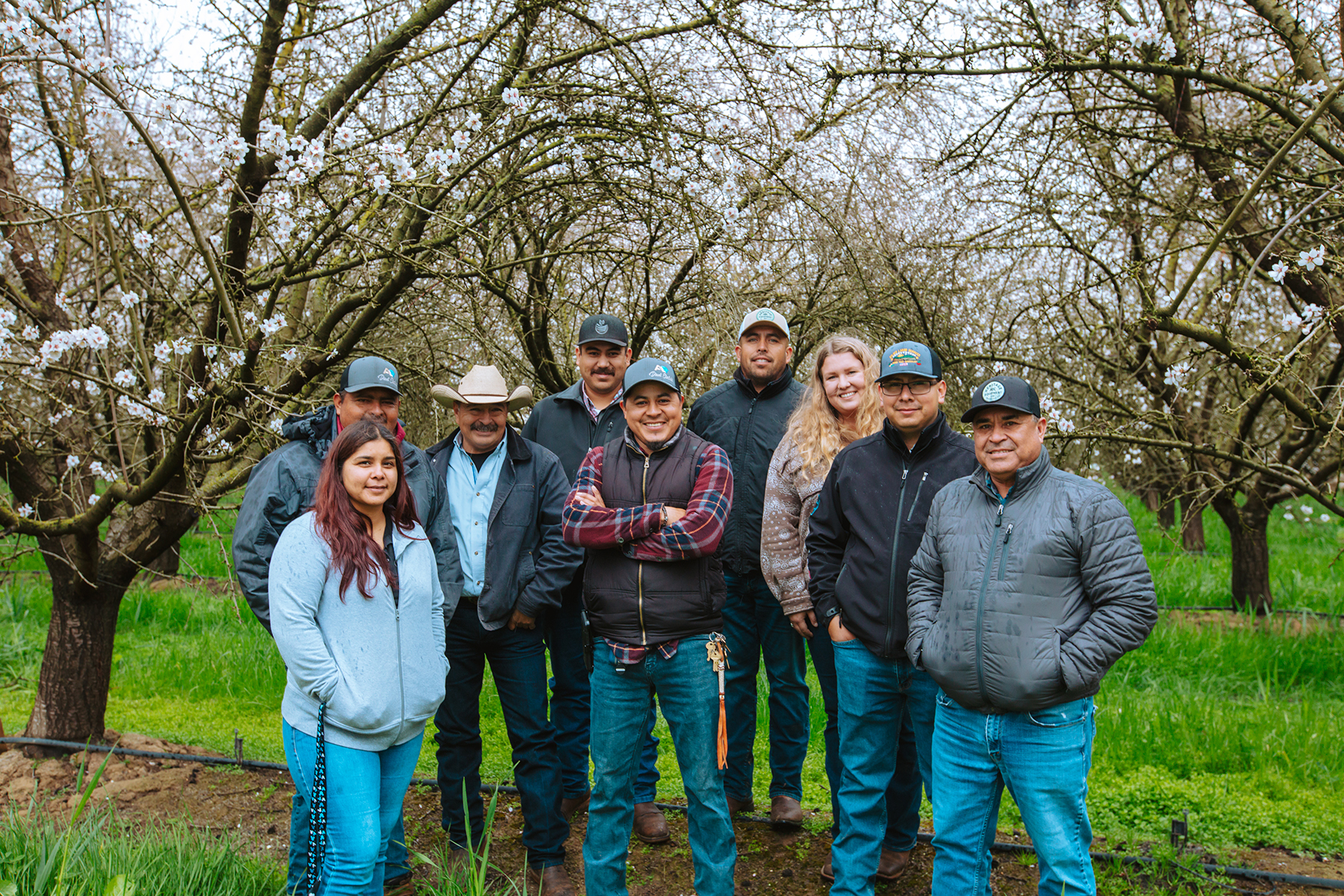
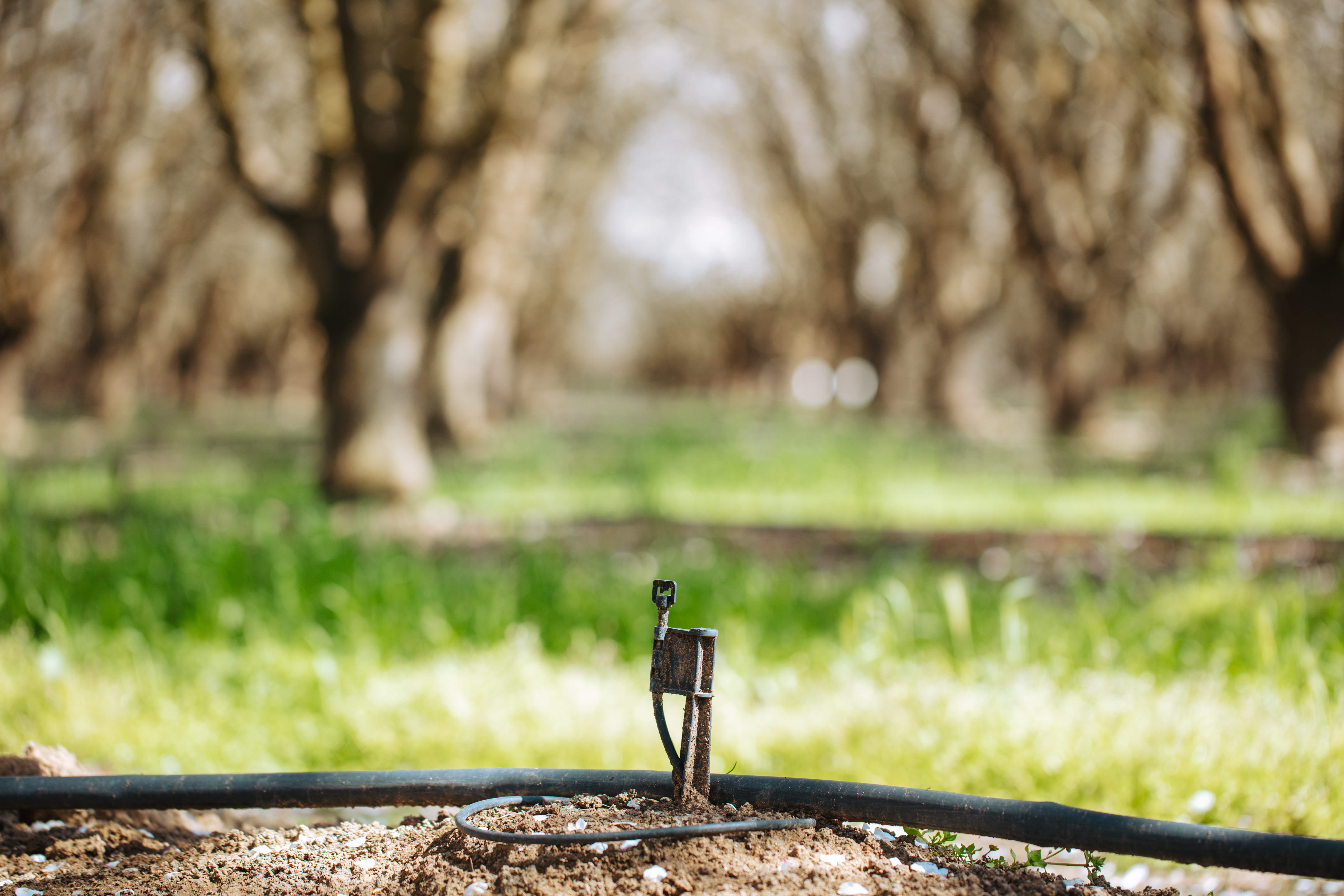
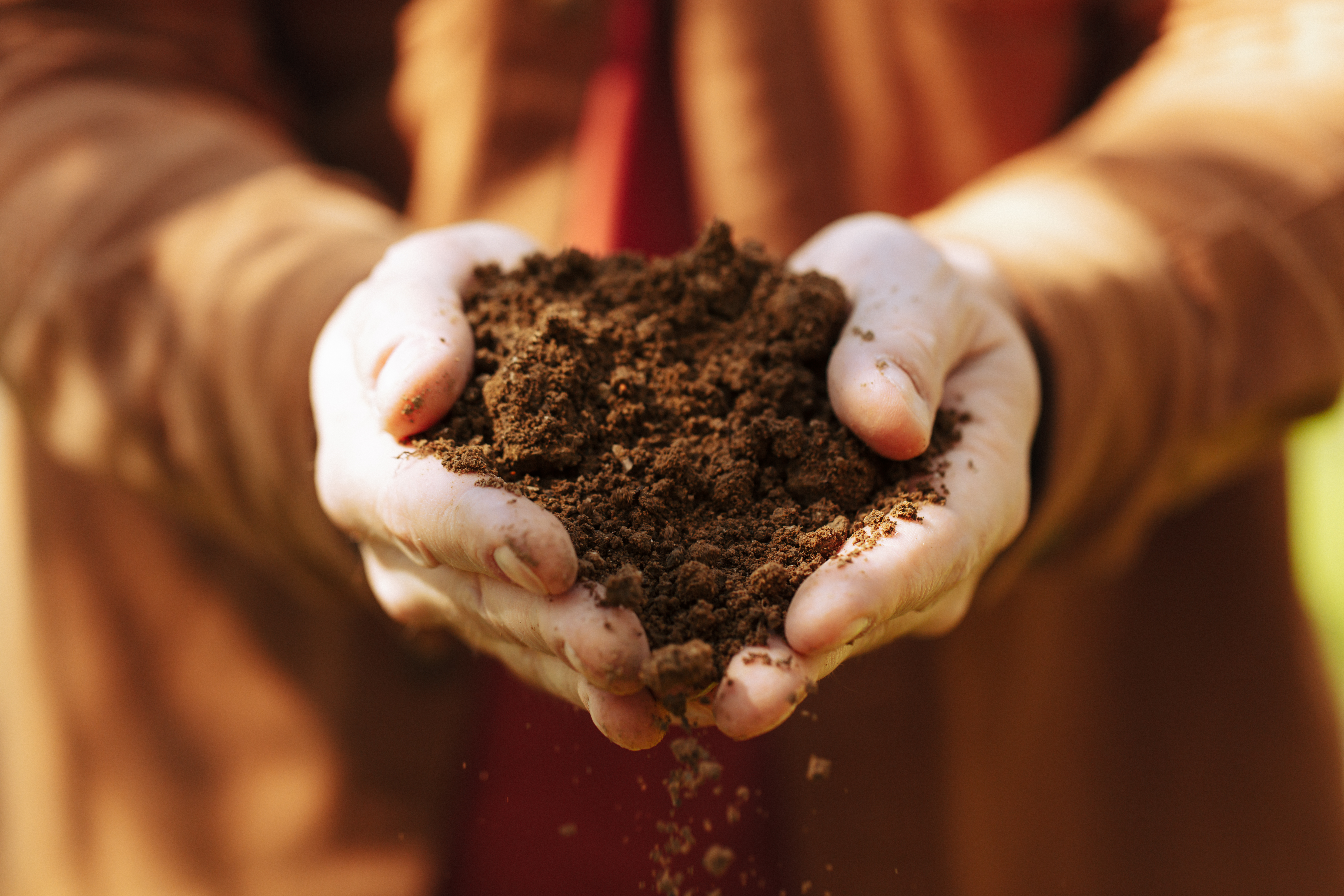
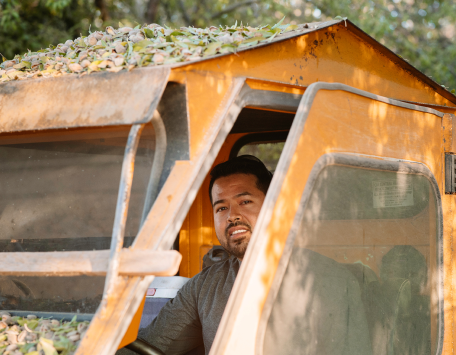
Treehouse devotes itself to helping California’s almond growers make the transition to achieve greater organic almond output from their orchards. Our teams provide guidance on organic farming techniques and share information about the market and sustainability advantages that organic production can provide.
Enhancing traceability of almond crops
Creating greater product transparency
Embracing sustainable almond farming practices
We embrace practices that seek to improve natural soil biology and fertility, sequester carbon, conserve water, prevent erosion, and increase biodiversity and soil organic matter. These practices include:
Treehouse has been innovating in the sustainability area for many decades.
In 1993, we were among the first California almond producers to install micro-drip equipment for tree irrigation, and in 2002 we invested in solar installations to power that equipment. Today, we use only solar energy for these watering processes, an approach that is both cost-efficient and better for the environment.

Researchers at the University of California-Davis released a Life Cycle Assessment (LCA) in 2015 that showed how reusing co-products from almond production and harvesting can play an important role in reducing the industry’s environmental impact and further reducing carbon emissions.
The research demonstrated that almond trees accumulate and store significant amounts of carbon, and suggested that the almond industry is progressing toward becoming carbon neutral – or even carbon negative – with respect to greenhouse gasses (GHG).
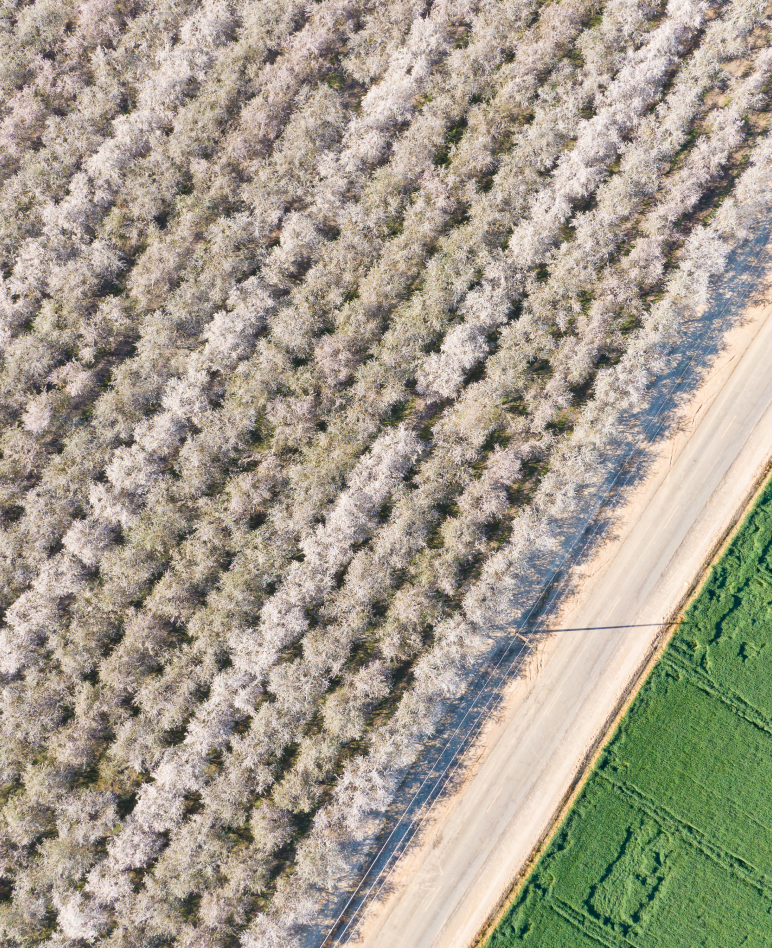
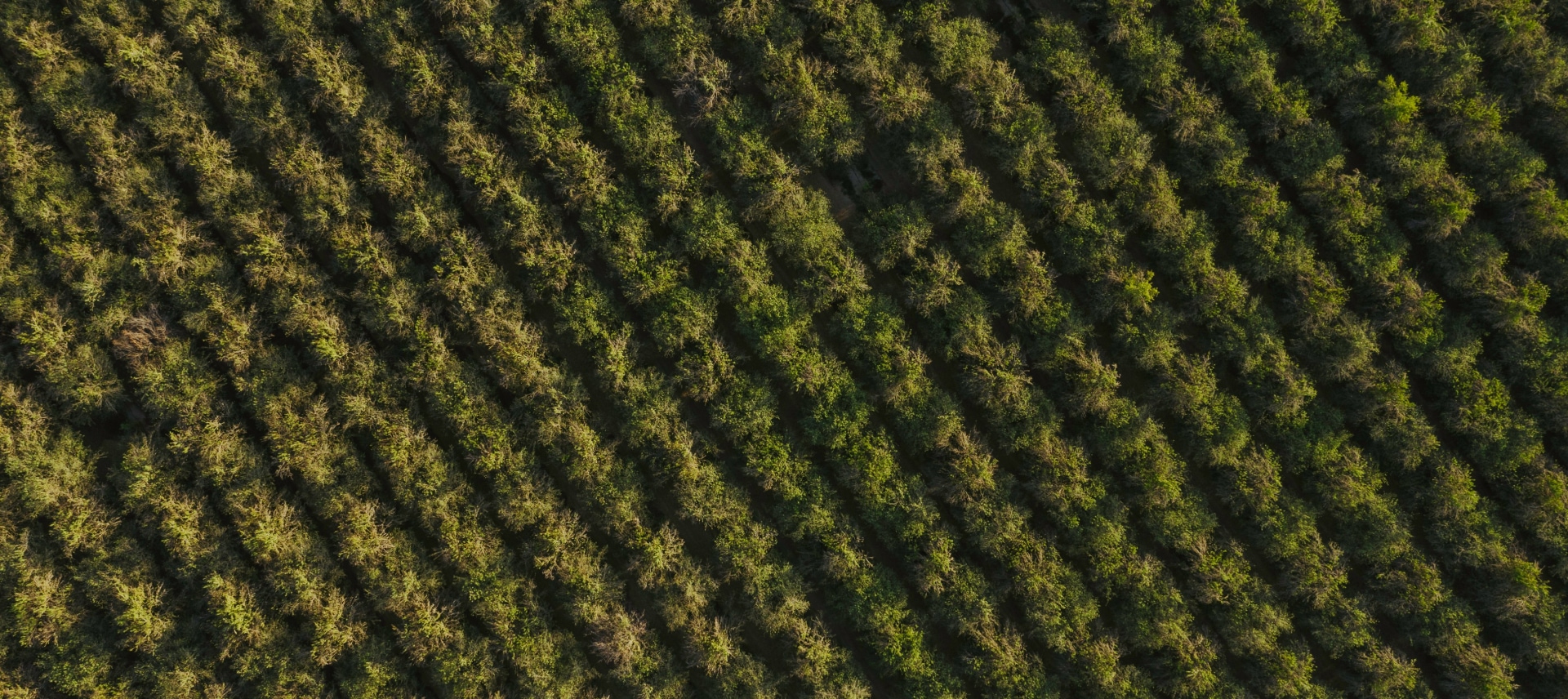
We know you have questions. Please take a moment to contact us. We love to talk about ourselves.
Enjoy 10% off when you order 6 or more